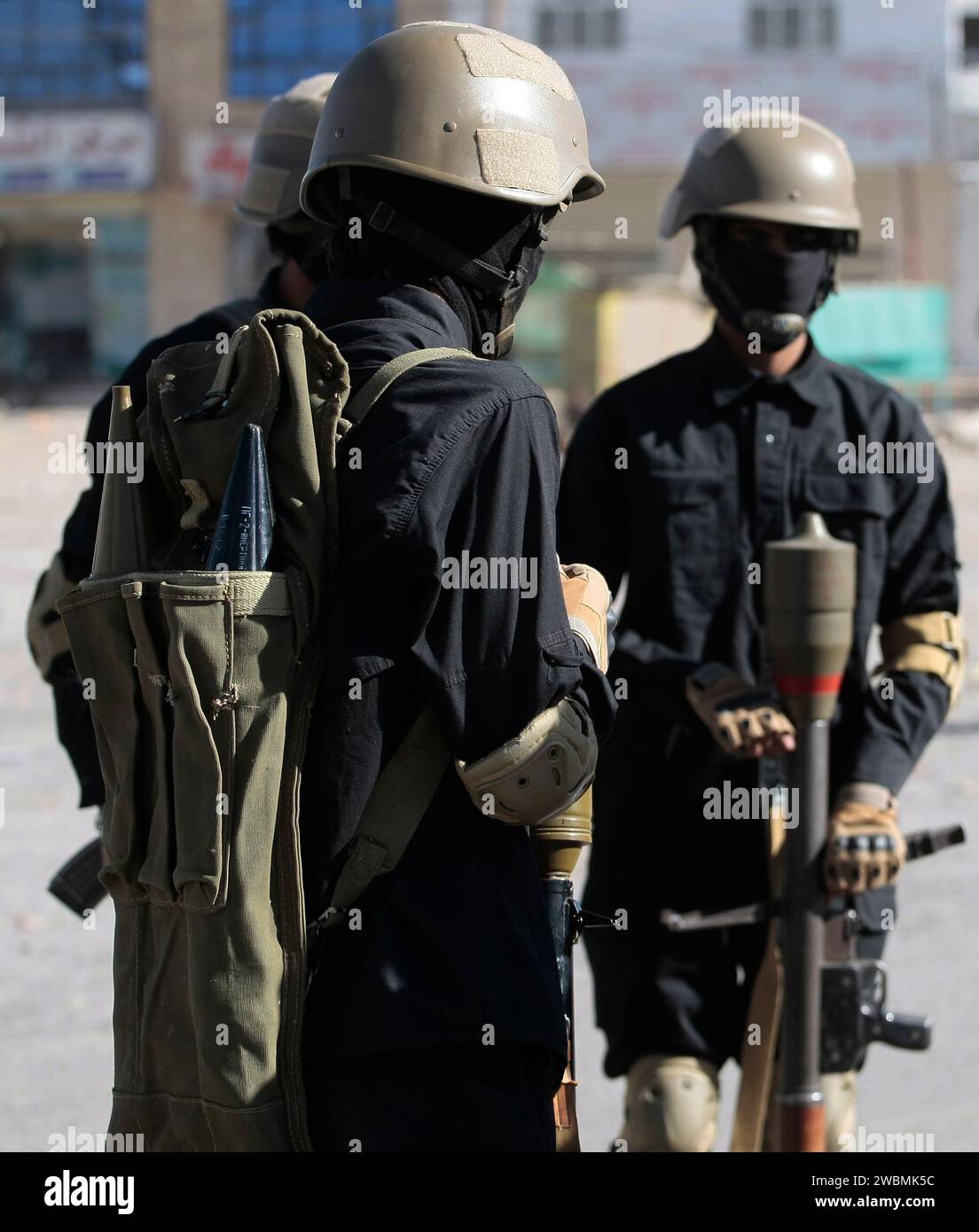The recent escalation in US military actions against Yemen has sent shockwaves across the globe, as reports of a devastating strike on a Yemeni oil port reveal a grim toll. The attack, which targeted an area controlled by Houthi rebels, has not only claimed numerous lives but also sparked widespread condemnation and calls for restraint. This incident underscores the complexities and dangers inherent in the ongoing conflict within the region.
Amidst the turmoil, international attention is increasingly focused on the humanitarian impact of these strikes. As the death toll rises and more details emerge, questions are being raised about the justification and legality of such operations. The world watches with concern as the situation in Yemen continues to deteriorate, highlighting the urgent need for diplomatic solutions to prevent further loss of life.
Deadly Consequences: The Toll of Conflict in Yemen
The United States' airstrikes on Yemen's Ras Isa oil port have resulted in a catastrophic loss of life, with the Houthi rebels reporting that at least 38 individuals were killed. This tragic event marks one of the deadliest attacks carried out by the US military against Yemen. The strikes, aimed at disrupting the Houthis' access to fuel, have instead caused significant civilian casualties and injuries.
In addition to the immediate human cost, the attack has left over 100 people wounded, exacerbating the already dire humanitarian situation in the country. Medical facilities in Yemen, already stretched thin due to years of conflict, now face an even greater challenge in treating the influx of victims. The lack of essential resources and medical supplies further complicates efforts to provide adequate care.
International organizations and humanitarian groups have condemned the strikes, urging all parties involved to prioritize the safety and well-being of civilians. The global community is reminded of the urgent need to address the root causes of the conflict and work towards a peaceful resolution that can prevent future tragedies.
A Turning Point in the Conflict: Global Reactions and Implications
The recent US airstrikes on Yemen have drawn intense reactions from around the world, with many countries and organizations expressing their disapproval of the operation. The scale of the attack and its impact on civilians have prompted calls for a reevaluation of military strategies in the region. Diplomatic channels are being utilized to explore potential avenues for de-escalation and dialogue.
As news of the rising death toll spreads, governments and advocacy groups are emphasizing the importance of adhering to international law and protecting innocent lives during armed conflicts. The United Nations has issued statements condemning the violence and urging all parties to engage in meaningful negotiations to end the hostilities. Such diplomatic efforts aim to mitigate the suffering endured by the Yemeni population.
Meanwhile, the broader implications of this attack extend beyond Yemen, affecting regional stability and international relations. The involvement of external powers in the conflict highlights the interconnected nature of modern warfare and the need for coordinated global responses to ensure peace and security. The international community must remain vigilant and committed to finding sustainable solutions to prevent further devastation.
Humanitarian Crisis Deepens: The Struggle for Survival in Yemen
With each new strike, the humanitarian crisis in Yemen deepens, leaving millions of people vulnerable and in dire need of assistance. The destruction of critical infrastructure, including ports and fuel facilities, severely limits access to essential goods and services. This exacerbates the existing challenges faced by the Yemeni population, who are already grappling with food shortages, inadequate healthcare, and limited access to clean water.
Humanitarian organizations are working tirelessly to deliver aid and support to those affected by the conflict. However, the ongoing violence and restrictions imposed by various factions hinder their ability to effectively reach those in need. The international community is urged to increase funding and resources dedicated to addressing the crisis, ensuring that aid reaches its intended recipients without unnecessary delays or obstacles.
As the situation in Yemen continues to unfold, it is imperative that all stakeholders prioritize the welfare of civilians caught in the crossfire. By fostering cooperation and commitment to humanitarian principles, the global community can help alleviate the suffering of the Yemeni people and pave the way for a brighter, more peaceful future.

